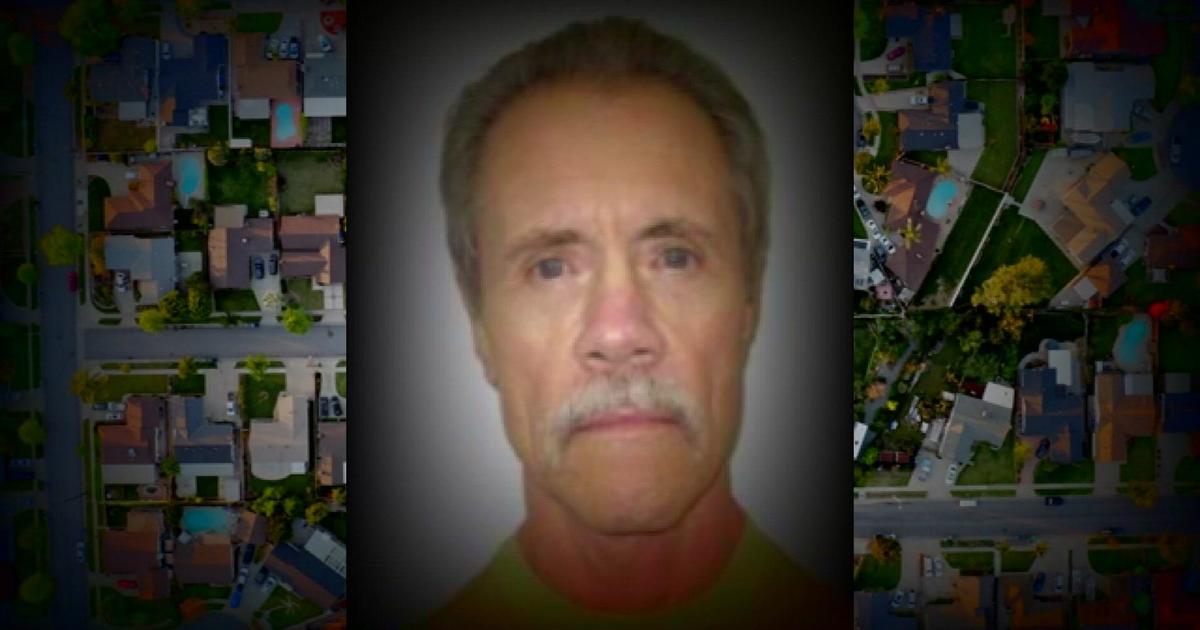Judge says Cuomo's prison COVID-19 vaccine policies were "arbitrary and capricious"
A judge ordered New York to offer COVID-19 vaccines to people incarcerated in state jails and prisons after a lawsuit argued that Governor Andrew Cuomo and the state's health commissioner had unfairly denied prisoners access to the vaccine.
The judge's decision ends a nearly two-month dispute after prisoners sued Cuomo and the state's Commissioner of Health, Howard Zucker, to request access to the vaccine. Even as jail and prison workers were prioritized for vaccine access this winter, the lawsuit argued that incarcerated people were unfairly blocked from being inoculated.
In a Monday ruling that ordered the state to offer prisoners access to the vaccine, Justice Alison Y. Tuitt wrote that the inmates' exclusion from vaccine access was "by definition arbitrary and capricious." She added, "There is no acceptable excuse for this deliberate exclusion."
CDC guidelines note that the virus spreads more easily in shared housing, and the lawsuit argues that adult prisoners were unfairly excluded when New York made vaccines available on January 11 to some who were living and working in shared spaces — such as corrections officers and those living in juvenile detention facilities. Prisoners over age 65 or with comorbidities could access the vaccine, but all other incarcerated adults were denied access.
Truitt wrote that the state had "irrationally distinguished between incarcerated people and people living in every other type of adult congregate facility, at great risk to incarcerated people's lives during this pandemic." She added that the state's decision was "unfair and unjust" and "was not based in law or fact and was an abuse of discretion."
Thirty-five incarcerated people and eight staff members have died from COVID-19 in the New York state Department of Corrections system. A total of 6,314 incarcerated people and 4,951 staff have had the virus.
As of Tuesday, 7,538 staff members had received at least one dose of the vaccine, compared to 3,374 incarcerated people, according to the New York State Department of Corrections and Community Supervision. As of Tuesday, state facilities held a total of more than 31,000 prisoners.
Truitt's ruling was filed the same day that the state began to expand vaccine eligibility for all adults. Cuomo announced Monday that all New Yorkers 30 and over would become eligible for the vaccine March 30, and all people over 16 would become eligible April 6.
The governor's office released a statement on Monday from acting Counsel to the Governor Beth Garvey, noting that as the state expanded vaccine access to all adults, it would also "expand eligibility" to include incarcerated individuals.
"Our goal all along has been to implement a vaccination program that is fair and equitable, and these changes will help ensure that continues to happen," Garvey said.
Federal inmates were prioritized for inoculation when the vaccine first became available in December, but other states have formed their own timelines, creating a patchwork of rules that left inmates in states like Florida, Texas and New York without prioritization.



